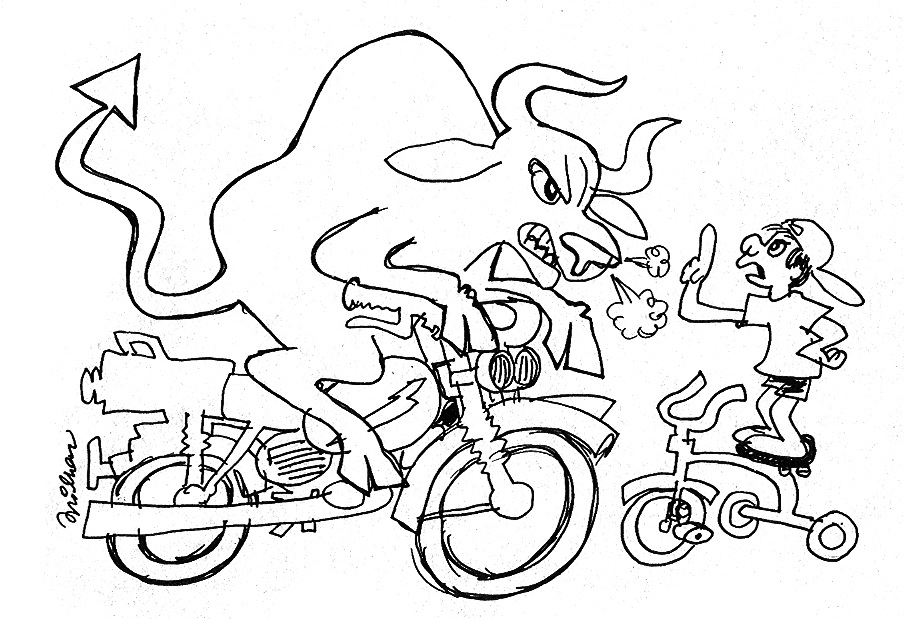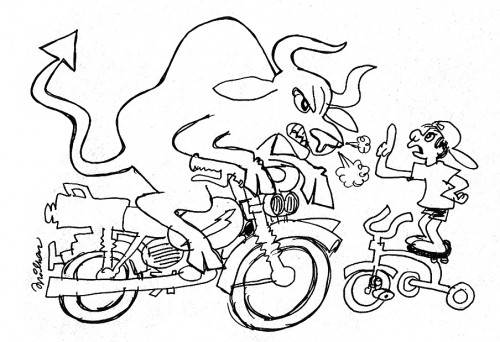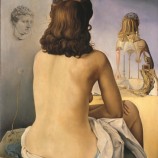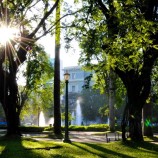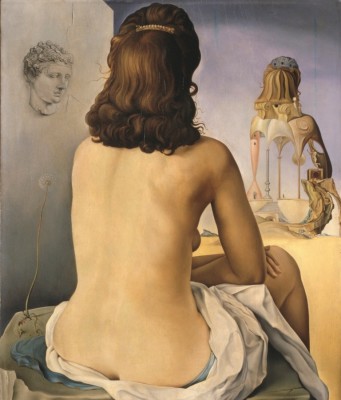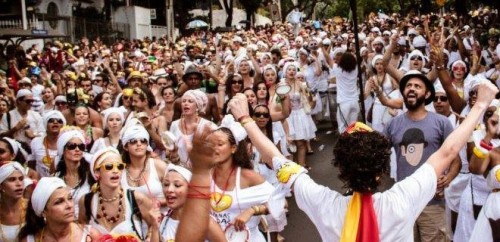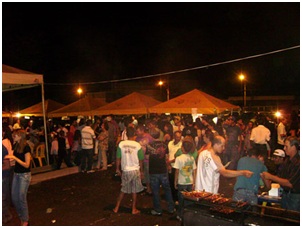I am going to tell here about a work experience I once had as a member of the Social Mobilization Commission for the Municipality of Belo Horizonte’s Urban Cleaning Superintendent, SLU. The morning was engulfed in clouds that day at the Boi Plaza, in the slums of Santa Lucia, Belo Horizonte.
Itamar Franco was Governor of Minas Gerais at this time in 1998. Halfway through the year, a colleague and friend of mine, the French Daniel Deleuze, and I were doing a preparatory survey for a campaign which aimed to put an end to an illegal garbage dump on the slum’s main street. We were making a Clean Spot, or Green Spot, which at the time were at the height of social mobilization trends. The area was cleaned and the rubbage removed, the curbs were painted and some ornamental saplings were planted.
The place in question was called “Boi Plaza”. It was known as “Boi Plaza”, but its point of reference was actually thirteen milk cows milked there every morning by their proprietor and owner of the general store located on the highest ascent facing the plaza. Guido, the cattle’s owner, was an urban farmer, as he also fattened over a hundred pigs in the far end of the land plot.
In fact, my dream was to turn Boi Plaza into an open air auditorium with built-in cement benches, a Cultural Center. Through the grapevine, and to very few people, I confided this wish. If I were to confess such a bold notion to others, they would stigma me as a nutcase.
Opposite Guido’s general store was a rusted truck bed dumped on the ground, whose corrosive state indicated that it had been left there for quite a while. While inquiring to the regulars of the town square, we found out that the large piece was property of none other than the merchant cited above.
At that moment I was at the lower end of the yard, as the general store’s access was up numerous sets of stairways. From where I stood, I called over to Mr. Guido for us to have a talk. The man was a kind of local Sherif, he stood out clearly to anyone after a few minutes in the plaza.
With his elevated stature and exaggeratedly big hands, he waved at me from where he was and said in a threatening tone, “The Governor Itamar Franco sent me an invitation to the Liberty Palace for him to meet me in person. I sent the messenger back to tell him that the distance from here to there, is the same as the Palace to my house. I didn’t go.”
At that moment, my French colleague, Daniel Deleuze, who engaged in social mobilization by virtue of his artistic gift, tried to explain to Guido with his French accent that he would have to remove all the junk lying around the plaza because we would clean it up, put up a sign and mobilize the neighbors to keep the area clean.
The man turned into a wild beast, “The man is yet to be born who will make me haul that truck bed from where it lies.” In line with the owner of the scrap, a resident spoke out candidly that in this slum, “they kill one by day and leave the other tied up to slay at night,” our driver told us who at that point couldn’t wait another minute to start running out of there.
I, very calmly and with all the security that the situation demanded, explained to the valiant merchant very confidently that my colleague was French and his straightforward way of saying that “he will have to take” was characteristic of his nationality. Apparently Guido was convinced.
Guido’s son, a young buck over seven feet tall, had just returned from outside the slum where he bought a medicament for someone close to him. He had barely just arrived when he stopped his motorcycle and, while still mounted, made it apparent that our conversation had already reached his ears. He let us see, with clear demonstration of strength and arrogance, the barrel of a 765 pistol on his waist.
He looked at our friend Daniel, who didn’t quite grasp the gravity of the situation, and with eyes blazing the big fellow asked, “I want to know which one of you said that my dad has to take the truck bed out of the plaza!” Our driver, his eyes bulging at this point, was signaling the convenience of us getting out of there right away.
Then it hit me: if we leave now he’ll shoot at the car and kill us. So then I walked resolutely up in his direction and with an air of respectability I was assertive:
“Look here my man, you’re just coming in, you’re kinda pissed off, right on? So just be cool because I’ve already explained everything to your dad.” To this day I still don’t understand, but the guy just pulled his shirt over the gun, got off his bike, went over to the general store stairway and quietly walked up the steps.
o then I walked resolutely up in his direction and with an air of respectability I was assertive:to his ears.: “
Today I still don’t know what got into me those few short moments. Only on the way back, in the backseat of the kombi, when I told Daniel that Guido’s thug son was armed did he get shaken up realizing the gravity of what had just happened. Daniel’s style reflects his Latin, Corsican and Italian roots, still remembering his family name on his mother’s side: Marchetti and Bianchi. Today he’s gotten the hang of the language and the temperament enough to keep quiet when the occasion calls for it. He got off the hook that time and later he told us that he had just barely escaped others like it before. This Daniel is lucky to be alive. Who knows, we might still hear and tell other stories of this Brazilianized Frenchman?
That must have been the biggest adrenaline rush that my adrenal glands have ever spilled into my organism in order to put on the courage I demonstrated that morning on the job. To this day I still get recognition and thanks from my friend Daniel for the episode.
Daniel has told the story many times over, especially to the driver, to whom I became considered a brave fellow. While conscious that I was carried through the situation by survival instinct alone, I am reminded of the idiom: “Rest on your Laurels.” Until today I have the reputation of being fearless by my colleagues at the Social Mobilization Commission, SLU.
Related Articles


